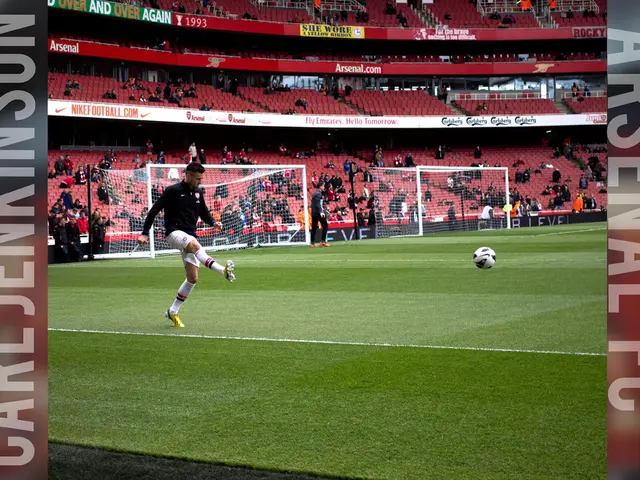Communities Not Making Extra Income Through Property Tax - Germany's Property Tax Reform Faces Legal Challenges, Stable Revenue
Germany's property tax reform, triggered by a 2018 constitutional court ruling, has seen varied responses and impacts. The reform, implemented revenue-neutral across all municipalities, has led to multiple lawsuits questioning its constitutionality and the transparency of local calculation methods. Meanwhile, property tax revenues have remained stable, with nearly €7.7 billion collected between January and June 2025, similar to 2023 levels.
The reform has resulted in varied property tax bills for owners, despite the revenue-neutral approach. Some may face higher or lower bills due to local recalculations. The Taxpayers Association has encouraged property owners to appeal their assessments en masse. Lawsuits have focused on whether the new property tax rules are constitutional and if local calculation methods are transparent and understandable. So far, Bavaria and Baden-Württemberg have enacted their own laws to implement the reform. Around 36 million properties were reassessed following the court's ruling, demonstrating the scale of the reform's impact.
As the property tax reform continues to roll out, lawsuits and appeals persist, questioning its constitutionality and calculation methods. Despite these challenges, property tax revenues have remained stable, with the government adhering to its pledge not to profit from the reform in 2025. As local governments adapt to the new rules, property owners are urged to stay informed and engaged in the process.








